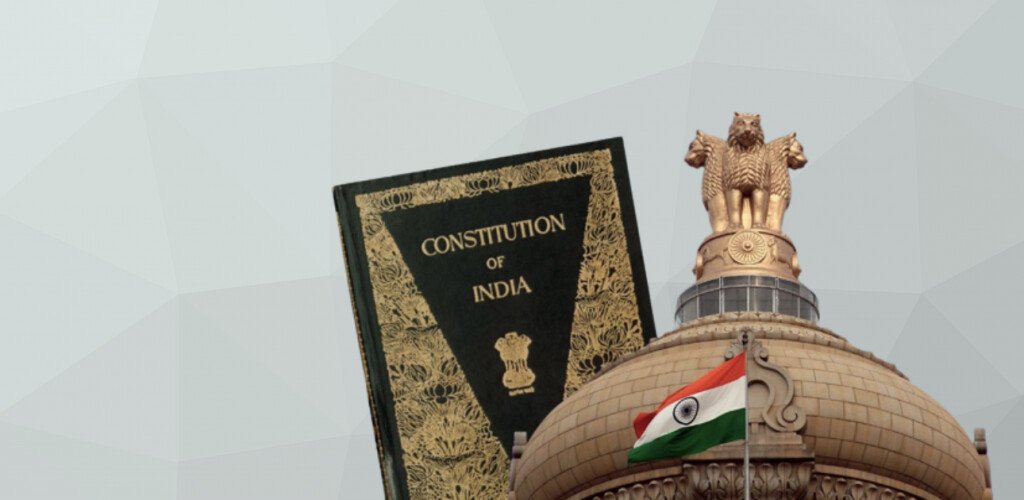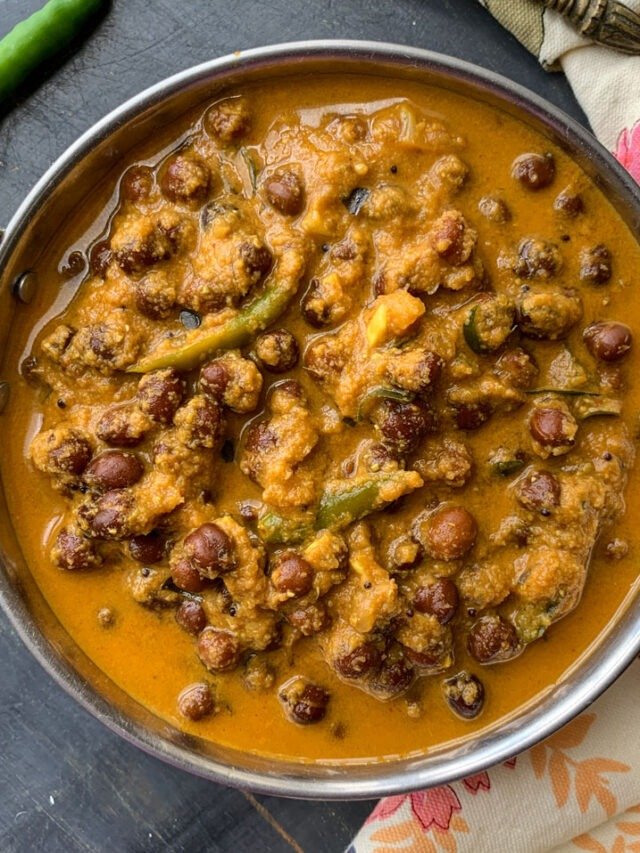By: Joya Saikia
As India gears up to celebrate its 78th Independence Day on August 15, 2024, the nation reflects on a journey that has transformed it from a colonized land under British rule to a sovereign and democratic republic. This year’s theme, “Viksit Bharat” (Developed India), emphasizes the country’s aspiration to achieve complete development by the centenary of its independence in 2047. This article delves into the significance of this year’s celebrations, the guest list, and the historical and cultural context of Independence Day.
The Independence Day guest list: Honoring the pillars of development
This year’s Independence Day guest list is meticulously curated to highlight the four pillars of a developed India: youth, farmers, women, and the poor. Prime Minister Narendra Modi, during his first visit to Varanasi after being reelected for a third term, referred to these groups as essential to the country’s progress.
The guest list for the Red Fort event includes over 4,000 special guests, each accompanied by a family member. The categories for invitations are diverse:
Youth Affairs: 600 individuals
Women and Child Development: 300 individuals
Agriculture and Farmers’ Welfare: 1,000 individuals
Panchayati Raj and Rural Development: 300 individuals each
Tribal Affairs: 350 individuals
School Education and Literacy, Border Roads Organisation/Ministry of Defence: 200 individuals each
Health and Family Welfare, Sports: 150 individuals each
Niti Aayog: 1,200 individuals
Specific groups such as 400 NSS volunteers under the Meri Maati Mera Desh scheme, 100 beneficiaries of the MyBharat scheme, and students from PM Shri schools are also included. Additionally, 150 elected women representatives, tribal artisans, Van Dhan Vikas Yojana members, and tribal entrepreneurs are among the honoured guests.
The special guests will arrive in Delhi on August 14, with some scheduled to visit the National War Memorial and meet senior ministers during their stay.
Historical significance and celebrations
Independence Day commemorates India’s liberation from nearly 200 years of British colonial rule on August 15, 1947. This historic event marked the end of an era of oppression and the beginning of self-governance. The day is a tribute to the relentless struggle and sacrifices of leaders like Mahatma Gandhi, Jawaharlal Nehru, Subhash Chandra Bose, and many others who fought for the country’s freedom.
The celebrations include:
Flag Hoisting at the Red Fort: The Prime Minister will hoist the national flag, receive a 21-gun salute, and address the nation. The Red Fort remains the focal point of Independence Day celebrations, featuring a grand parade showcasing the capabilities of the armed forces.
Address by Political Leaders: Chief Ministers, governors, and other influential figures will address gatherings to inspire feelings of nationhood and pride.
Home Celebrations: Families across India will celebrate by watching the Independence Day parade and patriotic films, and participating in various local events.
Key Venues for Independence Day Celebrations
Wagah Border: The Wagah Border in Amritsar is renowned for its “Beating the Retreat” ceremony, where the Border Security Forces from both the countries, India and Pakistan perform synchronized drills. The festive atmosphere and colourful displays make it a unique place to experience Independence Day.
National War Memorial: Located at India Gate in Delhi, the National War Memorial honours fallen soldiers. The President, accompanied by Central ministers, pays tribute to martyrs, making it a poignant site for reflection.
Red Fort: The Red Fort in Delhi hosts the main Independence Day celebrations. The ceremony includes the Prime Minister’s flag-hoisting and address, followed by the parade and other cultural events.
The Journey from Independence to Development
India’s journey since 1947 has been one of profound transformation. The nation has made significant strides in various fields, including economic development, technological advancements, and social progress. The theme “Viksit Bharat” reflects the country’s commitment to becoming a fully developed nation by 2047. This ambitious goal involves continued efforts to improve infrastructure, enhance educational and healthcare systems, and drive sustainable economic growth.
Independence Day is not just a celebration of past achievements but also a reminder of the ongoing journey towards a brighter future. It fosters a sense of national pride and unity, encouraging citizens to contribute to the nation’s development actively.
As India prepares to celebrate its 78th Independence Day, the theme “Viksit Bharat” underscores a vision of progress and development. The diverse guest list highlights the importance of various societal pillars in shaping the nation’s future. From grand celebrations at the Red Fort to local festivities across the country, Independence Day serves as a powerful reminder of India’s past struggles and a hopeful gaze towards its future. It is a day of reflection, celebration, and renewed commitment to building a developed and prosperous India. (The writer can be reached at joyasaikia1990@gmail.com)












